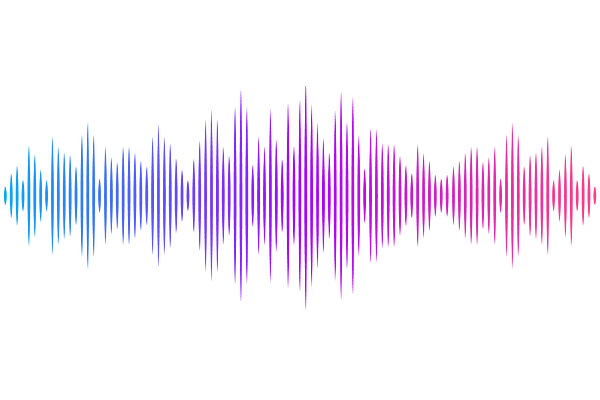Universal Dual-Target CAR-γδT Cells Targeting B7-H3 and IL13Rα2 for Glioblastoma Therapy

Universal Dual-Target CAR-γδT Cells Targeting B7-H3 and IL13Rα2 for Glioblastoma Therapy
Xu, Y.; Ye, Y.; Wang, Y.; Liu, G.
AbstractGlioblastoma (GBM) represents the most prevalent and aggressive primary malignant neoplasm in the adult central nervous system, exhibiting marked infiltrative growth patterns, inevitable recurrence, and dismal therapeutic outcomes with current treatment modalities. While CAR-T cell immunotherapy has demonstrated remarkable success in hematological malignancies, its clinical translation for GBM has been hampered by several fundamental limitations. A key factor among these is tumor-intrinsic heterogeneity, which drives antigen escape and therapeutic resistance. Furthermore, although autologous CAR-T approaches dominate current clinical investigations, they encounter substantial barriers including manufacturing variability, scalability constraints, and practical limitations for widespread clinical deployment. In contrast, allogeneic \"off-the-shelf\" CAR-T therapy holds greater potential for the future applications. {gamma}{delta} T cells are a particularly compelling candidate for universal CAR therapy, offering several advantages including innate MHC-unrestricted target recognition obviating the need for HLA matching, polyfunctional cytotoxic mechanisms capable of addressing heterogeneous tumor populations, and intrinsic tropism for solid tumors. However, translational implementation has been constrained by their physiological rarity, ex vivo expansion difficulties, and genetic modification inefficiencies. To address these challenges, we adopted a dual-pronged targeting strategy focusing on B7-H3 and IL13R2 - two surface antigens demonstrating preferential overexpression across GBM subtypes while maintaining limited distribution in normal tissues. Using phage display platform and function-based nanobody screening, we identified high-affinity binders against both targets. Subsequent optimization of {gamma}{delta} T cell expansion protocols and lentiviral transduction parameters enabled the development of a bispecific, allogeneic CAR-{gamma}{delta} T cell platform. Our in vitro studies revealed that dual-target CAR-{gamma}{delta}T cells sustained proliferative capacity under GMP-compatible culture conditions, exhibited potent and specific cytotoxicity against antigen-positive glioma cells, and critically, they showed superior elimination of target-heterogeneous tumors compared to monospecific CAR-T constructs. These results establish a robust preclinical foundation for clinical translation and highlight the therapeutic potential of combinatorial antigen targeting coupled with allogeneic {gamma}{delta} T cell engineering to overcome the persistent challenges in GBM immunotherapy.